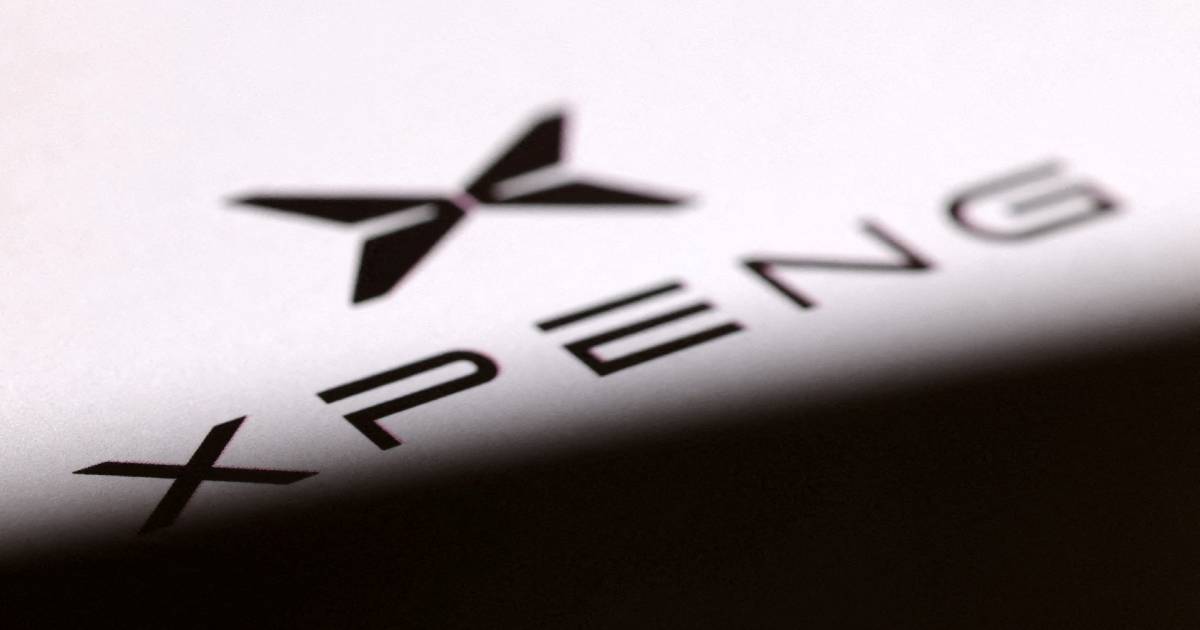It is reported that on July 22 local time, German Porsche said that the time required for the expected transformation to electric vehicles will be longer than imagined five years ago. In March this year, Porsche once said that by 2030, electric vehicles will account for more than 80% of Porsche’s new car sales. Porsche said that sales will depend on demand and the development situation of electric vehicles globally, and it is still possible to achieve the 80% sales target later, but this is no longer Porsche’s specific target.
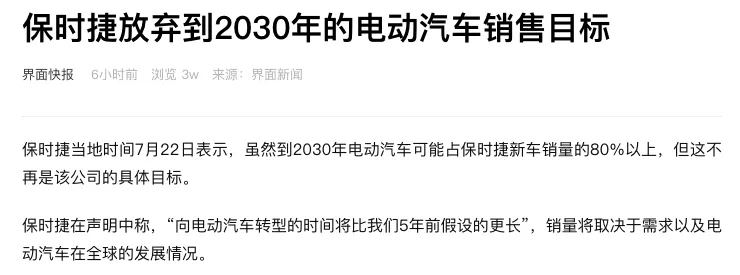
As of before the release of this article, Porsche has not temporarily responded to the above news.
In fact, as early as last month, Porsche had been exposed to slow down electrification. At that time, foreign media reported that because the slowdown in the development of the global electric vehicle market threatened Porsche’s sales and profits, Porsche shareholders called for a slower pace of the electrification transformation.
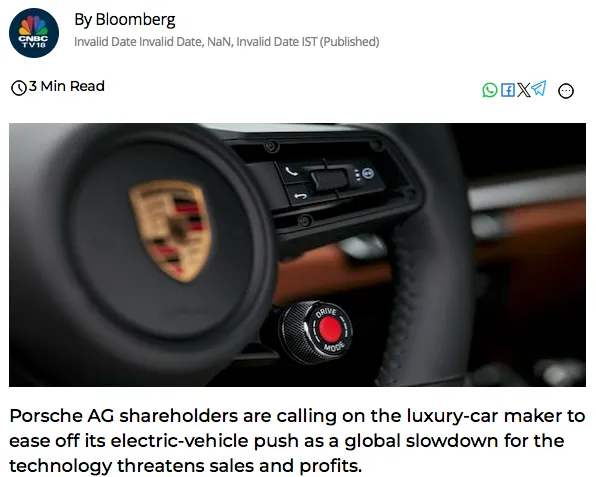
It is understood that the reason why Porsche gave up the sales target of electric vehicles is that the sales in the two major auto markets of Europe and China are lower than expected. The data shows that in the first half of this year, Porsche delivered a cumulative 155,900 vehicles globally, a year-on-year decline of 7%; among them, the cumulative delivery in the Chinese market was 29,600 vehicles, a year-on-year decline of 33%, which is the only market with a double-digit decline, and at the same time lost the position of the largest single market in the world.
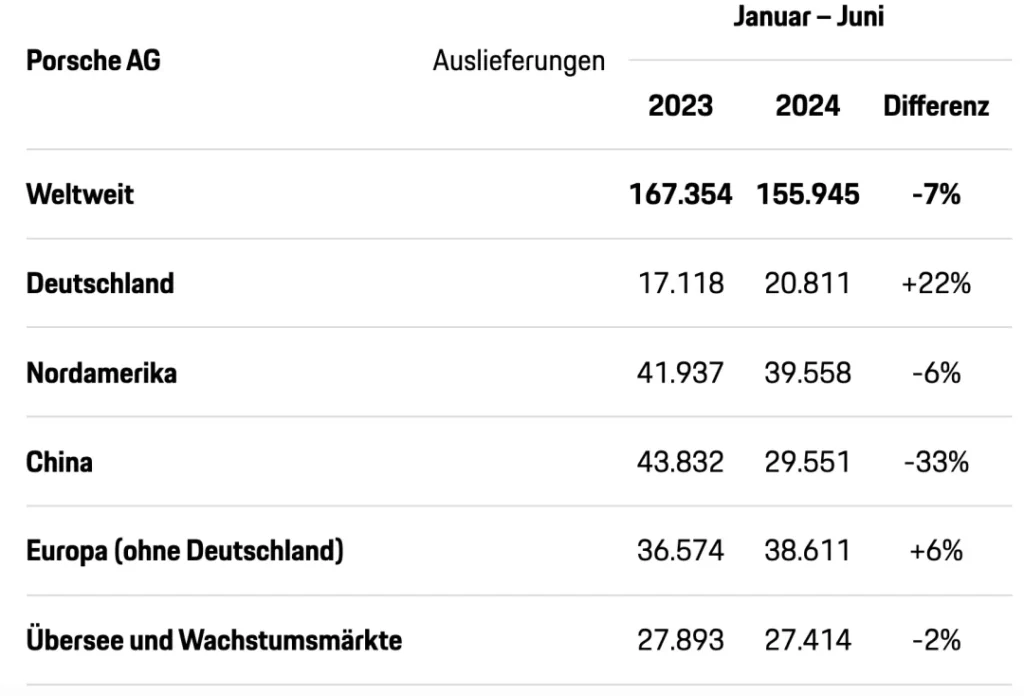
According to the financial report of the first quarter of this year, the decline in sales also led to a sharp turn in Porsche’s performance. In the first quarter, Porsche’s total revenue was 9 billion euros, a year-on-year decline of 10.8%. Among them, the vehicle sales revenue decreased by 12.7% year-on-year to 8.1 billion euros; the gross profit of the automotive business decreased by 30.3% year-on-year to 23.4%; and the profit margin on sales also dropped to 14.2%, a year-on-year decrease of 4%.
Porsche’s move to give up the sales target of electric vehicles is also understandable. Taking the Chinese market as an example, due to the electrification transformation, Porsche has spent a new high in research and development and marketing expenses, but Porsche has not achieved remarkable sales results in pure electric vehicles, which in turn has led to its falling behind in the Chinese market. It is understood that as the key model of Porsche’s electrification transformation, the Taycan was launched in September 2019 and then reached the peak of sales in 2021, while in the first half of this year it was less than 10,000 units, a year-on-year decline of 51%. The currently available Taycan is a new model, and the price was announced on the eve of the 2024 Beijing Auto Show, covering two body forms of sports sedan and Cross Turismo, with a price range of 103.8-156.8 million yuan. And Porsche’s second pure electric vehicle, the Macan EV, was not released until January this year, and the time span exceeded five years, and the product launch rhythm is extremely slow.
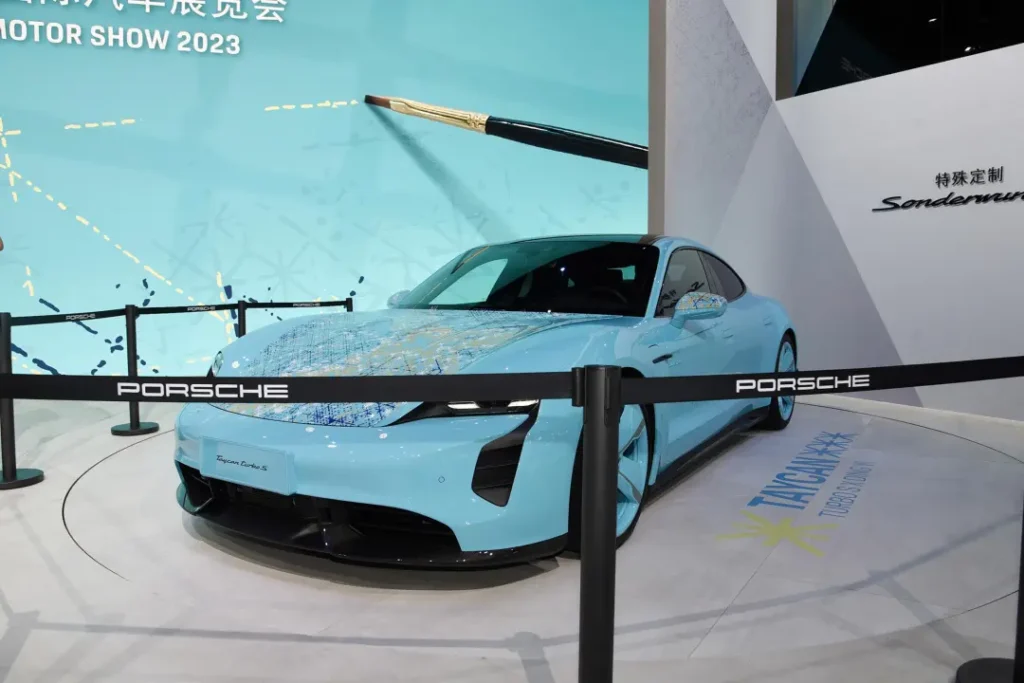
Of course, Porsche’s giving up the sales target of electric vehicles is not an isolated case. At present, most traditional luxury car brands are facing the pain of electrification transformation. With the strong rise of independent brands with the new energy track, the competitiveness of traditional luxury car brands in the domestic market has significantly declined. In this context, many multinational car manufacturers, including Mercedes-Benz, General Motors, Ford and Cadillac, have given up aggressive electric vehicle development targets. Among them, Mercedes-Benz announced that its plan to have a 50% electric vehicle sales share was postponed from 2025 to 2030; General Motors gave up the goal of producing 400,000 electric vehicles by the middle of 2024; Cadillac also confirmed that it will continue to sell fuel vehicles after 2030, while previously it planned to no longer sell internal combustion engine models by 2030.
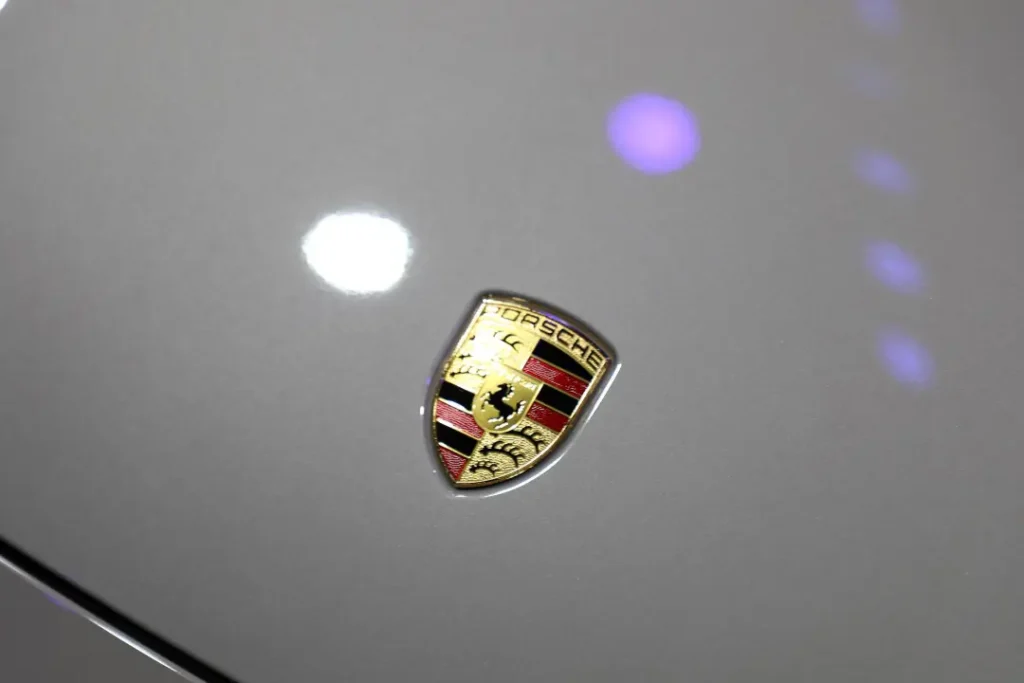
Back to the topic of Porsche, as one of the representatives of luxury brands, Porsche’s brand heritage is unmatched by many current car brands. Judging from the current product structure of Porsche, fuel vehicles are still its main selling models. Whether Porsche will fully bet on electric vehicles in the future is not clear, but with the transformation of the auto market, Porsche urgently needs to make adjustments to the product strategy to flexibly respond to the rapid changes in the market.

The latest report said that due to the shortage of special aluminum alloy supply, Porsche lowered its full-year revenue guidance and expected full-year revenue to be 39-40 billion euros, originally expected to be 40-42 billion euros. In addition, due to the impact of the supply chain, Porsche’s production will slow down. Porsche said that the reason for the supply shortage is that the production facilities of an important European supplier were affected by floods, and this problem has affected the aluminum parts used in all its cars, and the output may be affected for several weeks.
